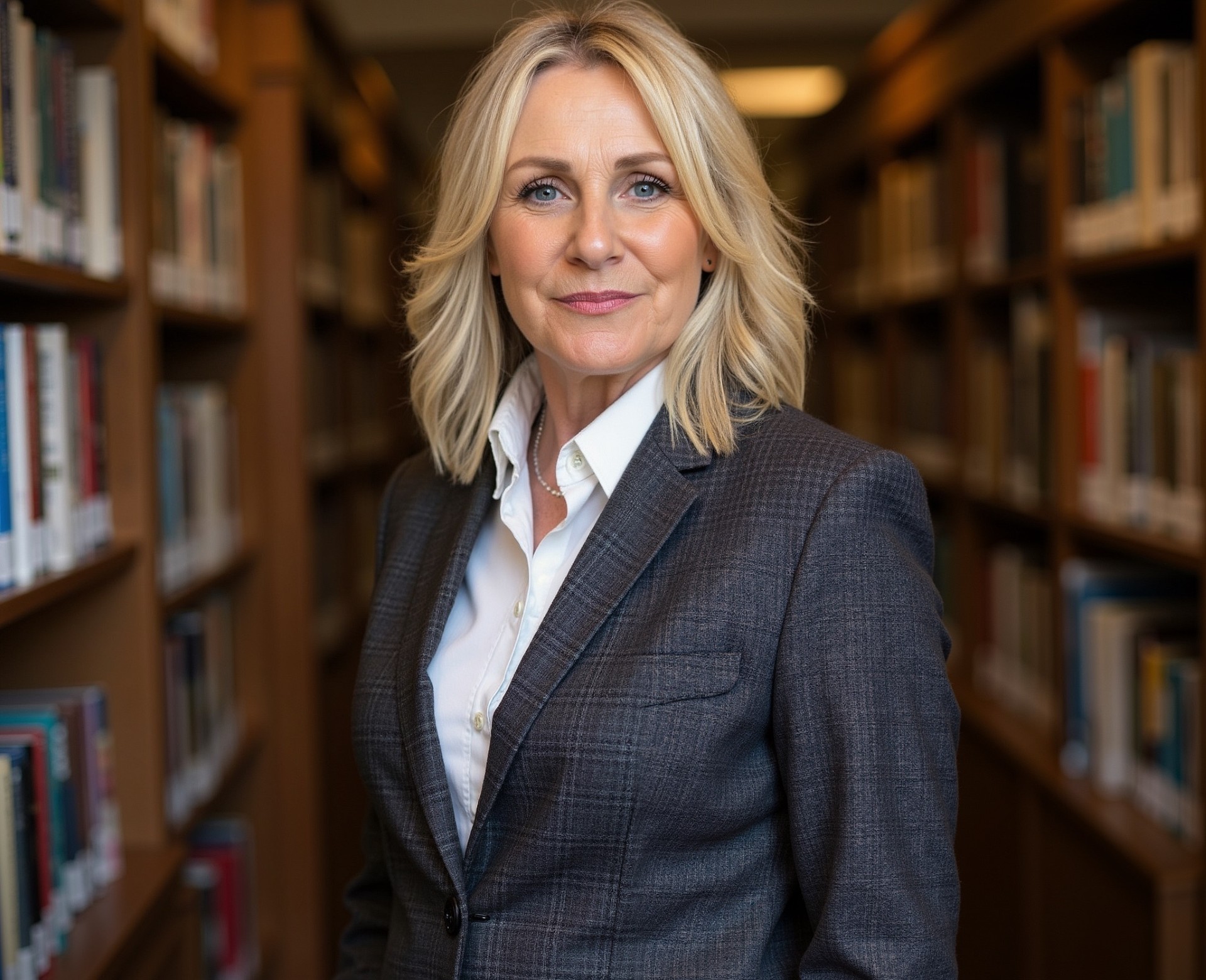Parents unable to care for their children hail lifeline support

Parents whose children have been taken into care have hailed lifeline support helping them cope with their loss.
Birth parents unable to parent full time or those affected by child protection proceedings said the expert support has helped ease feelings of despair and isolation.
Aberlour Children’s Charity delivers Family Matters, a pioneering support scheme, offering parents help to cope after a child is taken into permanent care.
Assistant Director Deborah Grant said the loss of a child can be devastating for parents often already dealing with issues ranging from domestic abuse and substance use to poor housing, mental health issues and learning needs.
She said:
A child being taken into permanent care can have an enduring and wide-ranging impact on their families.
“Birth parents can become crushed by the loss and feelings of despair, and, without expert help, those powerful emotions can sabotage their future and that of their families.
“It is about allowing them space to reflect on their absent children and better understand their family’s experience and come to terms with it.
“We support people to break habits of self-sabotating behaviour often rooted in fear and low self-esteem, to talk about the sadness of missing their child, their childhood milestones and birthdays.
"We offer a space for parents to talk and begin to understand what has happened and how they can help influence what happens next.
One to one and group sessions held at a range of community venues across South Ayrshire allow parents to talk about children taken into permanent care or adoption.
The Aberlour support team also offers practical multi-agency support and help on a range of issues, from managing household budgets and housing to substance use and mental health.
The charity believes Family Matters, funded by the Scottish Government via the Corra Foundation, helps parents understand the change needed to provide safe homes for their other children and avoid further social work intervention.
The experience of birth parents can also help improve the process and ease the impact of children entering care, according to Aberlour, which hopes to strengthen and expand the service in the years ahead.
Grant said a child being taken into care can also trigger feelings of confusion and guilt among siblings remaining at home and the charity’s expert support protects their wellbeing as well as their parents.
One mum said the service became a lifeline when she was at risk of floundering after her daughter was taken into care.
She said:
I started working with Aberlour around three years ago and for me it was a lifeline.
“It gave me hope that things could get better after my daughter was adopted and I lost all contact.
“When it became final my mental health deteriorated. I was grieving a child who was still alive, and I felt so alone.
“Things were bad for a while, but Aberlour understood how I was feeling and, although I couldn't fix the situation, I began to understand that I could make it better and properly focus on my other kids.
“I have bad days like everyone but I can cope now and deal with things.
“I was definitely in a downward spiral but feel like I was given another chance.
Fleur Steven, who leads the Family Matters team, said group sessions are particularly important to help parents share their experience and understand their feelings of loss.
She said:
The experience of a child being taken into care can be hugely destabilising for parents and their families.
“After birth parents realise they will no longer have any involvement in their child’s lives, they can feel terribly isolated and believe no one understands how they are feeling or sympathise with them.
“Our groups allow them to speak to others who have experienced the same loss and talk about what happened and what happens next.
“There is a lot of sadness but hope too.
For more information on the Aberlour Family Matters service please email Fleur Steven on Fleur.Steven@aberlour.org.uk